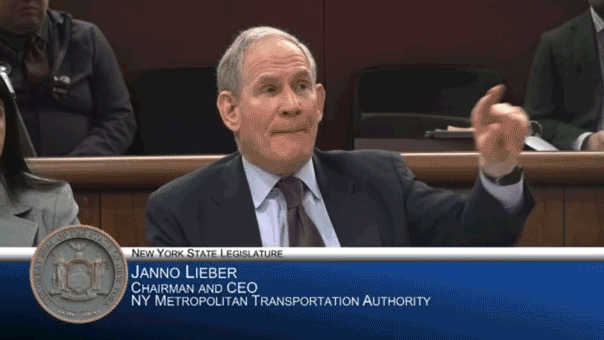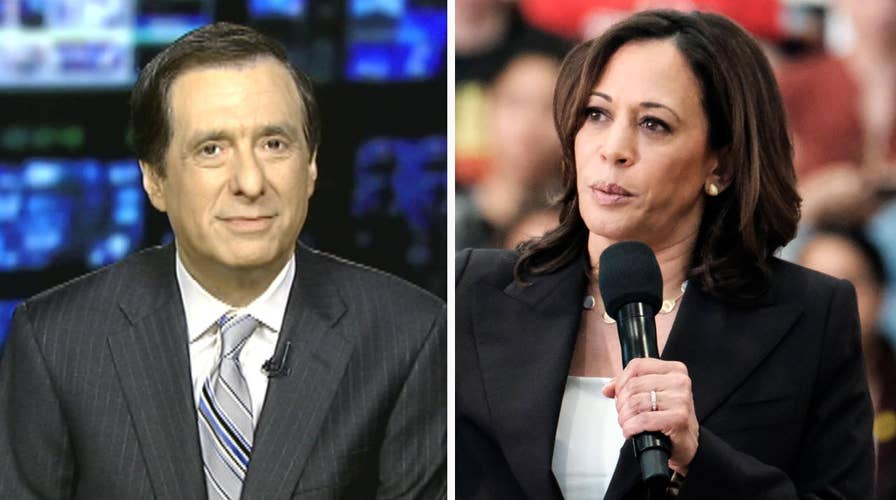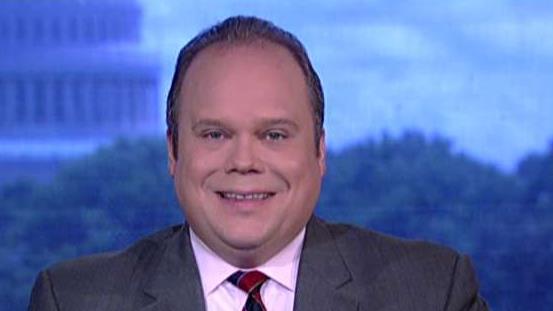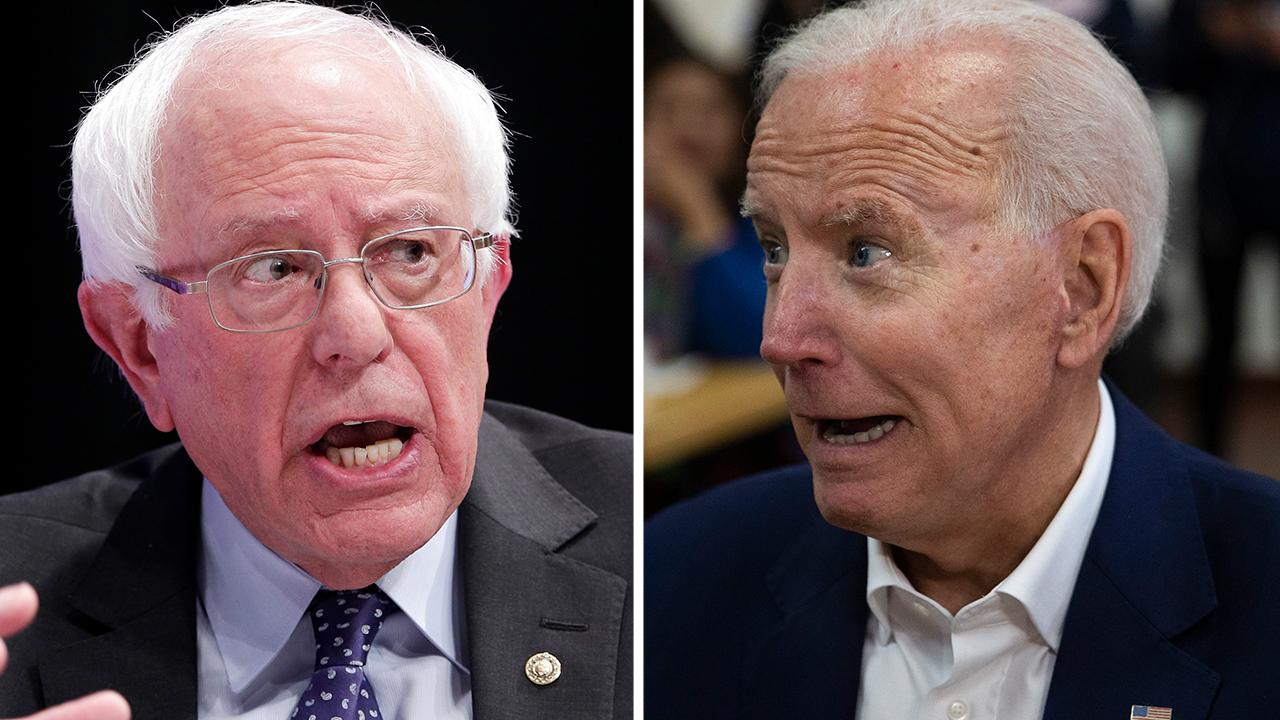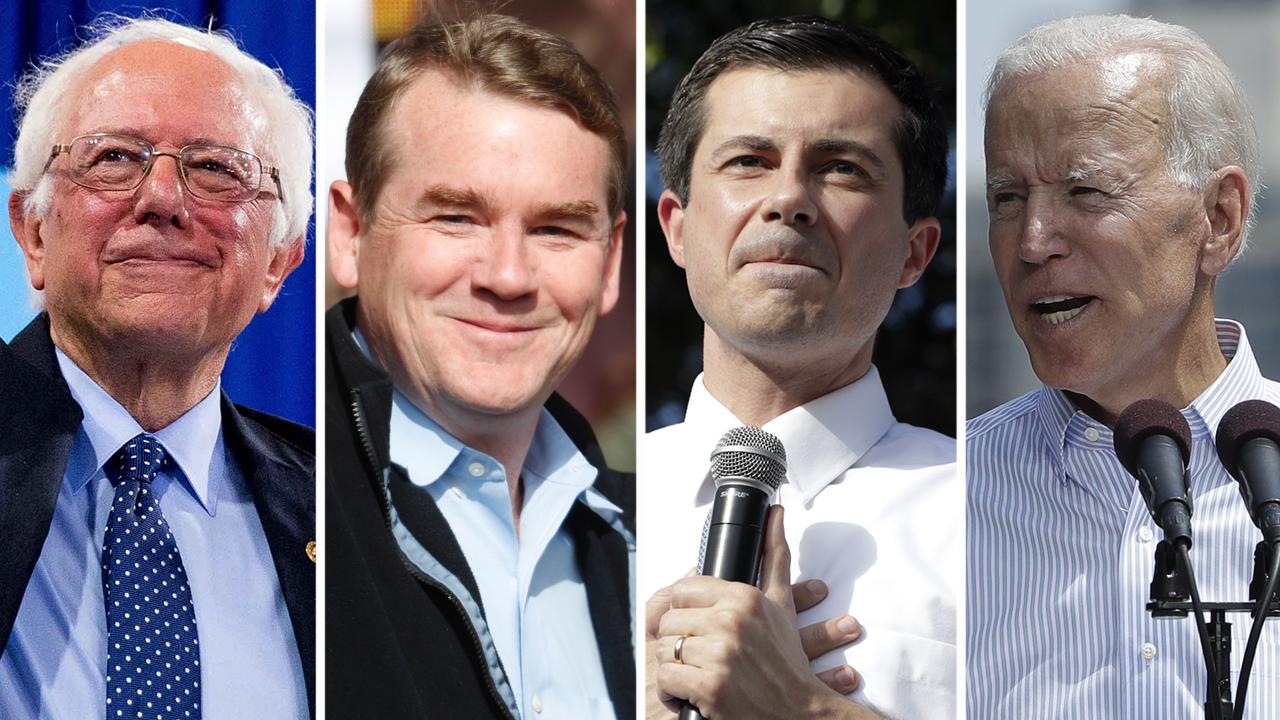Howard Kurtz: Is newfangled technology replacing old-fashioned retail politicking?
'MediaBuzz' host Howard Kurtz weighs in on cable news outlets hosting presidential candidate town halls and giving voters in early primary states like Iowa and New Hampshire easier access than attending in person.
For as long as I can remember, there's been a certain romance associated with campaigning in Iowa and New Hampshire, which had a magical ability to turn long shots into legitimate contenders.
The process has drawn criticism for decades because both states are whiter and more rural than the rest of America. And yet they performed a drastic winnowing process, with many candidates never making it to the larger, more diverse states that might have been more hospitable territory.
But over the years, as I would rent a car and drive from Manchester to Concord to Nashua, often hitting a half-dozen candidate stops in a day, I came to appreciate something deeper about the two early states.
The people who live there take their gatekeeper role seriously and really test the candidates. They are unusually well-informed about policy as well as politics and press the politicians who show up to go beyond simplistic sound bites. To compete in Iowa's byzantine caucus system, or New Hampshire's endless parade of town halls takes a talent for retail politicking and organization that often neutralizes the advantages of the more affluent and famous candidates.
BERNIE SANDERS MAKES CLOSED-DOOR PITCH TO TOP DEMOCRATS IN MUST-WIN NEW HAMPSHIRE
Now, thanks to technology and social media, the role of these states may be seriously undermined.
This would be a serious historical shift. Jimmy Carter became president because of Iowa — his 27 percent finish, behind only "uncommitted," set the obscure, one-term Georgia governor on a path to the White House back in 1976.
When John McCain clobbered George W. Bush in New Hampshire in 2000 largely on the basis on more than 100 town halls, he became an instant contender, though he later lost the nomination.
When Howard Dean finished a distant third to John Kerry in Iowa in 2004, his front-runner days were over. When Barack Obama won the predominantly white state in 2008, with Hillary Clinton finishing third, he gained instant credibility as a black lawmaker in his first Senate term.
Mike Huckabee seemingly came out of nowhere to win Iowa that same year, though he ultimately lost to McCain, who repeated his New Hampshire feat of eight years earlier.
SUBSCRIBE TO HOWIE'S MEDIA BUZZMETER PODCAST, A RIFF OF THE DAY'S HOTTEST STORIES
Rick Santorum's strong Iowa showing in 2012 failed to produce a bump because Mitt Romney was said to have edged him by eight votes. By the time a recount gave Santorum a 34-vote win, it no longer mattered.
But is the value of campaigning from Sioux City to Portsmouth being seriously eroded?
The New York Times says the Democratic candidates have already visited more than 30 states and territories, looking far beyond Iowa and New Hampshire.
"The explosive growth of social media, the increasing diversity of the Democratic electorate and changes to the party's electoral calendar and debate format have created more of a national primary than ever before," the paper says.
Among the top reasons:
SANDERS MUST BEAT WARREN IN NEW HAMPSHIRE PRIMARY TO CONTINUE 2020 BID, STIREWALT SAYS
– Cable town halls. The flood of such forums on CNN, MSNBC and Fox enable candidates to reach a much broader audience, including in the early states. Pete Buttigieg's success at a couple of these town halls did more to boost him into contention than if he had visited every one of Iowa's 99 counties.
– Online fundraising. Pressing the flesh was once indispensable for raking in cash, but now candidates can raise millions in a day through aggressive online marketing. While many of them still pursue big donors on the NYC/LA circuit, it's one less incentive to be pounding the pavement in the early states.
– Rules changes. The DNC has mandated that in order to make the MSNBC debate stage at month's end, a candidate must either register 1 percent support in three national or early-state polls or tap 65,000 donors across 20 or more states. Being on that stage is so vital that some marginal candidates are making this their top priority, not eating corn dogs at county fairs. And the criteria get tighter for the next debates.
– Social media. In an era where Instagram helped make AOC a national celebrity, candidates can reach far more voters through Facebook, Twitter and YouTube than by working rope lines. It doesn't hurt if a Facebook Live chat is from Des Moines, but it’s not a requirement, either.
– Calendar. Super Tuesday has been moved up this year, making it harder for the contenders to just camp out in Iowa, New Hampshire and South Carolina.
CLICK HERE TO GET THE FOX NEWS APP
Democrats in the early states "are most displeased about the new debate requirements, which they fear will only dilute what makes their nominating contests unique," the Times says.
That's true, but there's no room for nostalgia in politics. Something will be lost if Iowa and New Hampshire become just two more pit stops, but you don't win a nomination by fighting the last war.

